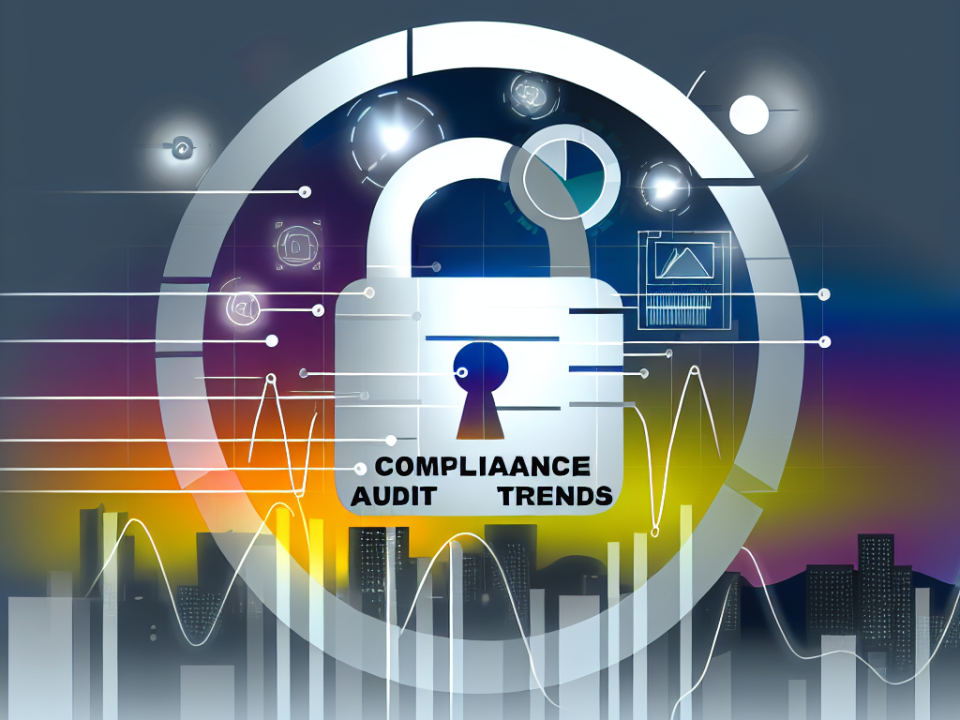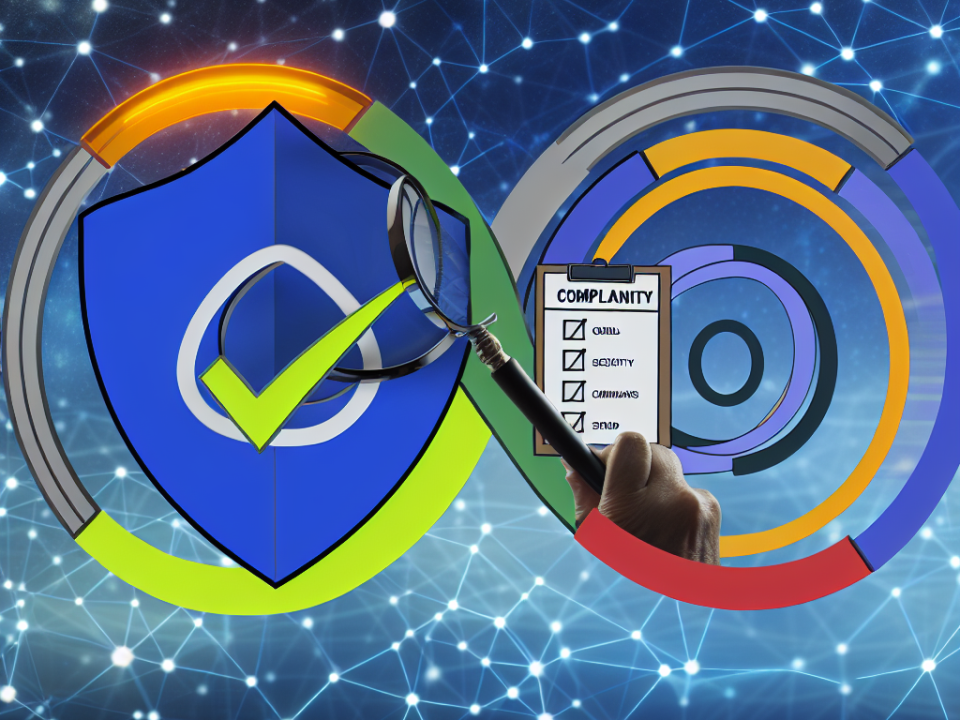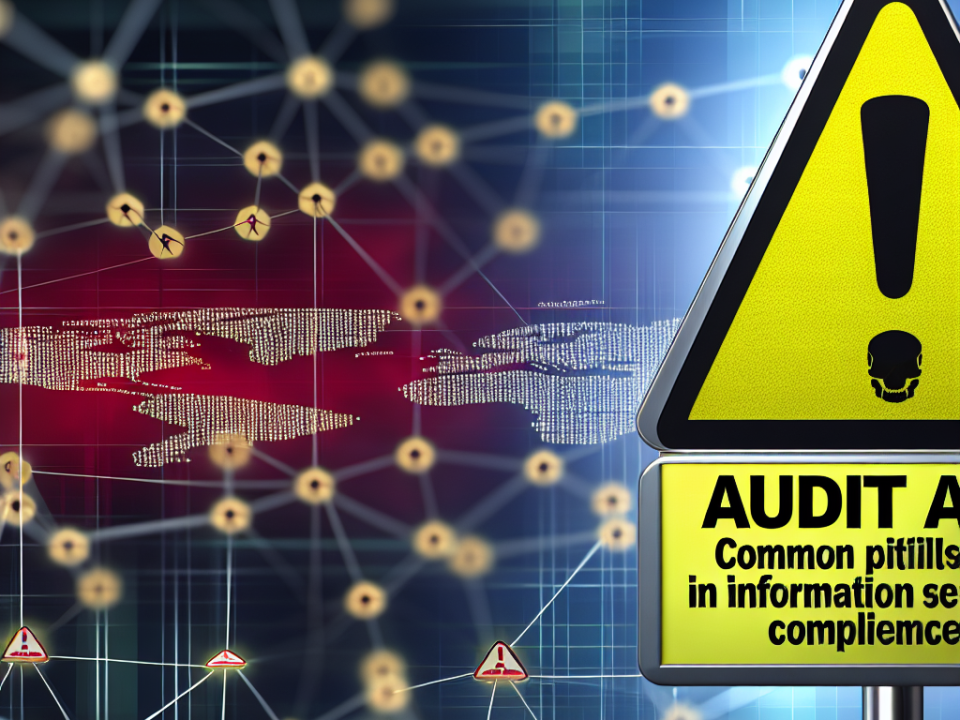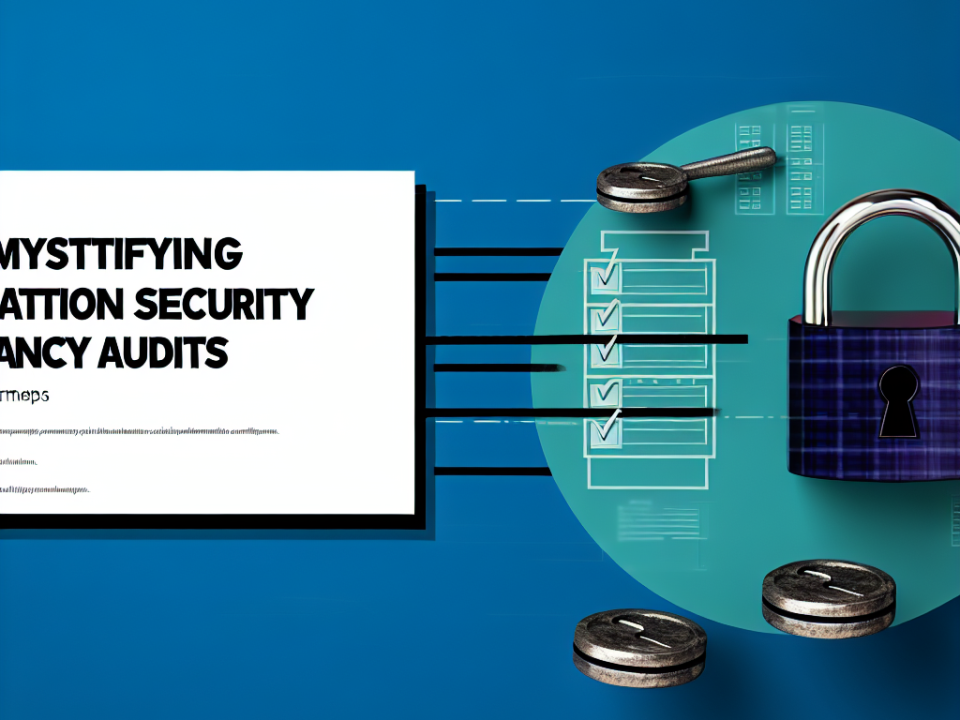
Boost Your Cyber Resilience: The Must-Have Compliance Checklist for IT Teams
July 18, 2025
From Risk Assessment to Incident Response: Complete Your Cybersecurity Compliance Checklist
July 19, 2025
In an increasingly digitized world, the importance of security compliance cannot be overstated. Businesses of all sizes face numerous threats, from data breaches to cyberattacks, which can result in financial loss, reputational damage, and legal repercussions. Understanding and implementing security compliance measures is crucial for organizations seeking to protect their assets and maintain trust with stakeholders.
What is Security Compliance?
Security compliance refers to the adherence to laws, regulations, and guidelines intended to protect sensitive information and ensure the integrity of data handling processes. Compliance is often industry-specific and may include frameworks such as the General Data Protection Regulation (GDPR) for data protection, the Health Insurance Portability and Accountability Act (HIPAA) for healthcare data, and the Payment Card Industry Data Security Standard (PCI DSS) for handling credit card information.
Why is Security Compliance Important?
-
Regulatory Obligations: Governments and industry bodies impose regulations to protect consumers and hold businesses accountable. Non-compliance can lead to hefty fines, lawsuits, and sanctions.
-
Risk Mitigation: Complying with security standards helps identify vulnerabilities in systems and processes. This proactive approach substantially reduces the risk of data breaches and cyberattacks.
-
Enhanced Reputation: Demonstrating a commitment to security compliance cultivates trust among customers, partners, and stakeholders. A reputation for robust security can be a competitive advantage, attracting more clients.
-
Operational Efficiency: Security compliance often requires businesses to standardize processes and implement best practices. This not only enhances security but can also lead to improved efficiency and performance.
- Incident Response Preparedness: Compliance often involves developing incident response plans. Being prepared for potential breaches can significantly reduce the impact of security incidents and speed up recovery.
Key Compliance Frameworks and Standards
Understanding the various compliance frameworks relevant to your business sector is crucial. Here are some of the most notable frameworks:
-
GDPR: A comprehensive data privacy regulation in the EU, aimed at protecting personal data and privacy. Businesses must obtain consent for data collection and processing, and they are required to report breaches within 72 hours.
-
HIPAA: Pertains to the healthcare industry in the U.S., focusing on the protection of patients’ health information. Organizations must ensure the confidentiality and security of medical data.
-
PCI DSS: Any business that handles credit card transactions must comply with PCI DSS, which imposes strict standards on data security to protect cardholder information.
- ISO 27001: An international standard for information security management systems (ISMS), focusing on continuous improvement and risk assessment.
Steps to Achieve Security Compliance
-
Conduct a Risk Assessment: Identify and evaluate the risks to your organization’s data and systems. This is the foundation of any compliance strategy.
-
Develop a Compliance Framework: Choose the relevant compliance frameworks for your business needs. Create policies, procedures, and protocols that align with these standards.
-
Implement Security Measures: Invest in technology and processes to protect against threats. This may include firewalls, encryption, access control, and regular software updates.
-
Train Employees: Human error is often the weakest link in security. Regular training sessions can educate employees about compliance requirements and best practices for data security.
-
Monitor and Audit: Continuously monitor systems for vulnerabilities and compliance adherence. Regular audits can help identify areas for improvement.
-
Prepare for Incident Response: Develop a clear incident response plan. Ensure that your team knows the steps to take if a data breach occurs.
- Seek Expert Guidance: If navigating compliance feels daunting, consider hiring compliance experts or consultants who can provide specialized knowledge and support.
Conclusion
In a landscape fraught with cyber threats and regulatory demands, understanding security compliance is essential for safeguarding your business. By prioritizing compliance, organizations can not only protect their assets but also foster trust and loyalty among clients and partners. As the threat environment evolves, so too must your commitment to security compliance, making it a dynamic and integral component of your business strategy. By staying informed and proactive, you can create a secure environment where your business can thrive.







